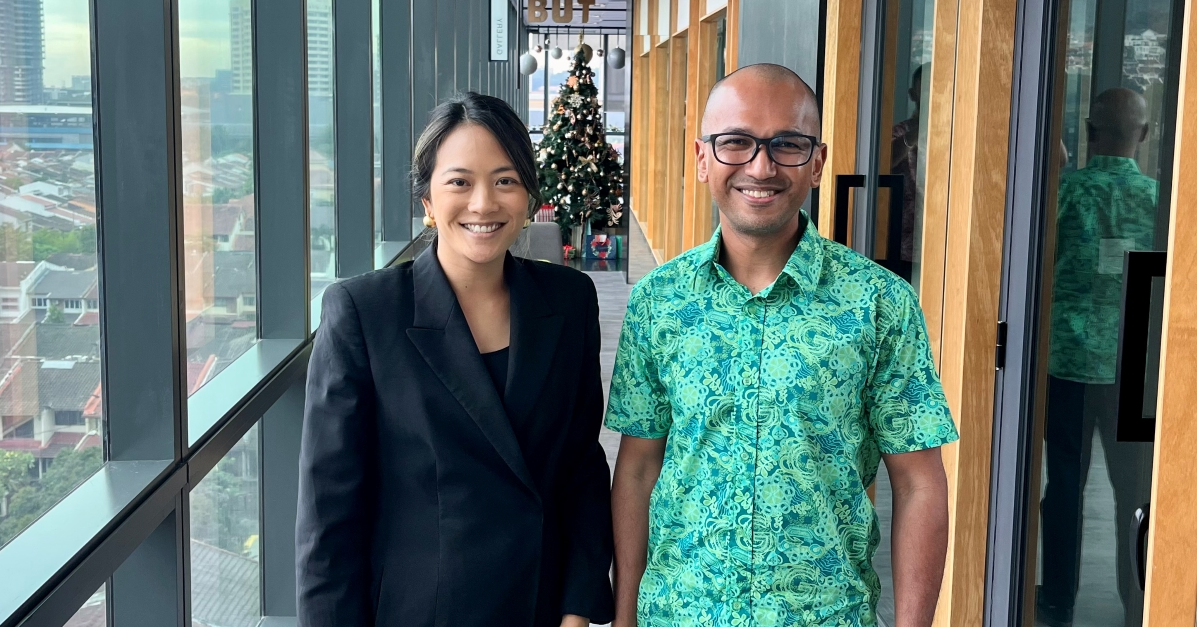Regulating Gig Work: Grab & GoGet Weigh In
Rashid Shukor, Director of Country Operations and Mobility, Grab Malaysia | Francesca Chia, Founder and CEO, GoGet
10-Dec-24 12:00

Embed Podcast
You can share this podcast by copying this HTML to your clipboard and pasting into your blog or web page.
Close
What must Malaysian policymakers understand to craft a regulatory framework that balances flexibility and the nuances of the gig economy with the need for social protections?
The gig economy has transformed modern work, offering flexibility for gig workers, cost-effective solutions for businesses, and convenience for consumers. However, Malaysia’s long-anticipated Gig Workers Bill could reshape this landscape, with industry players voicing concerns over unintended consequences and lack of engagement in the drafting process.
From defining gig work accurately to balancing flexibility with social protections and emphasising meaningful industry engagement, in this episode of Enterprise Explores, Rashid Shukor, Director of Country Operations and Mobility at Grab Malaysia, and Franchesca Chia, Founder and CEO of GoGet, share their insights on the complexities of regulating gig work.
Here are some key highlights from the conversation:
- Defining Gig Work: The gig economy spans diverse models, from location-based platforms like Grab and GoGet to non-location-based and freelance work. Precise definitions are key to effective regulation.
- Flexibility First: Flexibility is the cornerstone of gig work, and policies must ensure it’s preserved without compromising worker protections.
- Concerns with Current Policies: Both Grab and GoGet emphasised gaps in existing frameworks, such as costly multi-platform contributions and outdated structures like annual payment models.
- Social Protections: Platforms advocate for voluntary, bite-sized contributions for insurance and social protections, ensuring affordability for gig workers with fluctuating incomes.
- Technology as a Solution: Leveraging APIs, digital platforms, and microinsurance models can streamline protections while maintaining operational efficiency.
- Stakeholder Engagement: Both platforms urge policymakers to prioritise dialogue with gig workers, platforms, and other stakeholders to craft effective regulations.
- Global Lessons, Local Leadership: Malaysia has been progressive in gig economy innovations, with initiatives like PERKESO’s SKSPS and EPF integrations, but continuous dialogue is vital to sustain this leadership.
- Future-Proofing the Model: Ensuring any policy accounts for multi-platform work, inclusivity, and evolving employment dynamics is essential for balancing worker welfare, platform sustainability, and consumer affordability.
Produced by: Roshan Kanesan
Presented by: Roshan Kanesan
This and more than 60,000 other podcasts in your hand. Download the all new BFM mobile app.
Categories: markets, managing, politics, controversies, Law/Activism, government, entrepreneurs
Tags: gig workers bill, gig workers, regulation, gig work,

